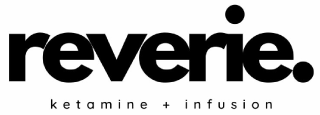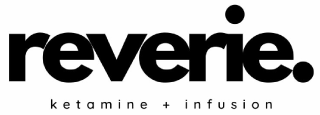Obsessive Compulsive Disorder
Ketamine for Obsessive Compulsive Disorder
Ketamine, traditionally known as an anesthetic, has emerged as a groundbreaking treatment for obsessive compulsive disorder. Unlike conventional antidepressants, which often take weeks to show effects, ketamine can alleviate depressive symptoms within hours or days.
Mechanism of Action:
Ketamine operates primarily by modulating the brain's glutamate system. It is an NMDA receptor antagonist, meaning it blocks certain receptors that typically inhibit neural activity. By doing so, ketamine promotes the rapid release of glutamate, a neurotransmitter crucial for synaptic plasticity and neural communication. This cascade effect facilitates the creation of new neural connections and enhances brain plasticity, which is thought to "reset" the brain's circuitry that contributes to OCD.
Clinical Benefits:
For individuals who have obsessive compulsive disorder not responded to multiple traditional treatments, ketamine offers a promising alternative. It is administered as an intravenous (IV). Patients often experience a significant reduction in OCD symptoms after just a few sessions. This rapid onset is particularly beneficial.
Ongoing Research and Considerations:
While ketamine's efficacy in is well-documented, research is ongoing. Potential side effects include dissociation and increased blood pressure during administration. However, when administered in a controlled medical setting, ketamine can be a life-changing option for many patients unresponsive to other treatments.
Ketamine's novel approach in treating has positioned it as a critical development in mental healthcare, offering hope to those for whom traditional therapies have failed.
Conditions We Treat
Ketamine infusions are used to treat Depression, Anxiety, Postpartum Depression, PTSD, C-PTSD, Obsessive Compulsive Disorder, and Chronic Pain. First responders ALWAYS get 20% off.
Why We are Different
We are critical care providers and nurses with over 20 years combined experience with Ketamine administration. We ensure your experience is intentional and comfortable from start to finish.
Pricing
Treatments start at $449. All treatments are in private treatment rooms and include pre-treatment medications for anxiety, headache and nausea, Ketamine via IV infusion, and a post-treatment hydration drip.
For the first time in thirty years I have hope that this monster I've been fighting might not win. I can think about having a better tomorrow instead of just suffering."
--Fairview Utah

